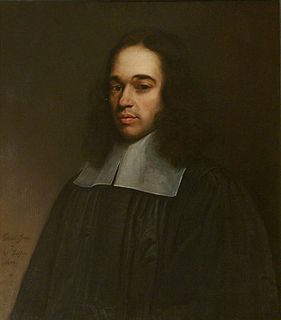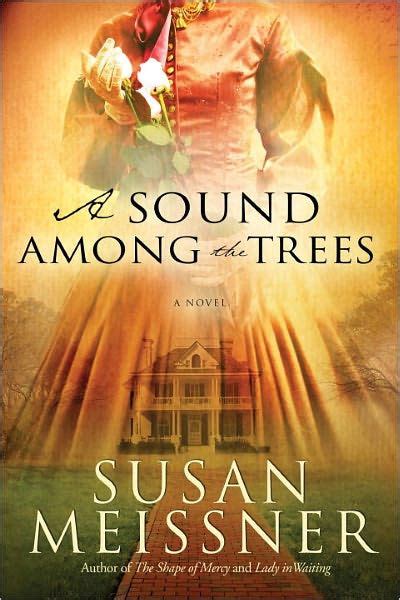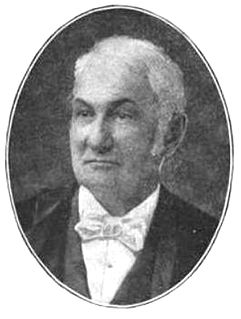A Quote by Khalil Gibran
Yet has not Man wept at the sounds? And are not his tears eloquent understanding?
Related Quotes
That same night, I wrote my first short story. It took me thirty minutes. It was a dark little tale about a man who found a magic cup and learned that if he wept into the cup, his tears turned into pearls. But even though he had always been poor, he was a happy man and rarely shed a tear. So he found ways to make himself sad so that his tears could make him rich. As the pearls piled up, so did his greed grow. The story ended with the man sitting on a mountain of pearls, knife in hand, weeping helplessly into the cup with his beloved wife's slain body in his arms.
I wept in my dreams. I dreamed you lay in the grave; I awoke, and the tears still poured down my cheeks. I wept in my dreams, I dreamed you had left me; I awoke and I went on weeping long and bitterly. I wept in my dreams, I dreamed you were still kind to me; I awoke, and still the flow of my tears streams on.
I promised I'd save him, take him home! I promised him!" . . . Thomas hugged Chuck to his chest, squeezed him as tightly as possible, as if that could somehow bring him back, or show thanks for saving his life, for being his friend when no one else would. Thomas cried, wept like he'd never wept before. His great, racking sobs echoed through the chamber like the sounds of tortured pain. (pg 358 hardback)
Last night I wept. I wept because the process by which I have become woman was painful. I wept because I was no longer a child with a child's blind faith. I wept because my eyes were opened to reality....I wept because I could not believe anymore and I love to believe. I can still love passionately without believing. That means I love humanly. I wept because I have lost my pain and I am not yet accustomed to its absence.





































